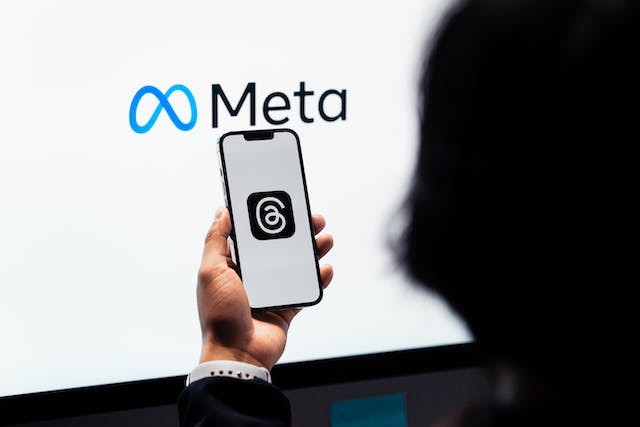Meta Faces Legal Action for Gathering Children’s Data Without Consent

Meta, the proprietor of Instagram, has found itself ensnared in the midst of a resounding scandal. The company faces allegations of transgressing the U.S. Child Online Privacy Protection Act. Plaintiffs from 33 states have united in a collective lawsuit against the company. According to legal documents, since early 2019, Meta received over 1.1 million complaints about users under 13 years of age, yet only a “minor fraction” of such accounts were blocked. Moreover, Meta persistently gathered the personal data of children, including their locations and email addresses, without parental consent.
These accusations are grounded in the 1998 federal Children’s Online Privacy Protection Act, which mandates verifiable parental consent before collecting personal information from children under 13. Violations of this law are subject to penalties exceeding $50,000 per incident.

The lawsuit against Meta charges the company with failing to establish effective systems to identify and exclude underage users, considering children as a critically important demographic for its future growth. The company allegedly had numerous indicators of the presence of minor users, including internal reports and parental complaints.
In a 2019 incident, Meta employees deliberated why the accounts of a 12-year-old girl were not removed despite her mother’s requests and complaints. This was attributed to the company’s inability to accurately determine the user’s minority.
This is not the first instance of the social network facing privacy violation charges. In 2019, the company agreed to pay a record $5 billion settlement over deceiving users about their privacy controls.
Now, Meta confronts a new challenge as states levy charges of violating child privacy, potentially more straightforward to prove than accusations of fostering social media addiction among youth. Since 2019, the U.S. Federal Trade Commission has successfully pursued similar lawsuits against major tech companies, including Google, Amazon, Microsoft, and Epic Games.





